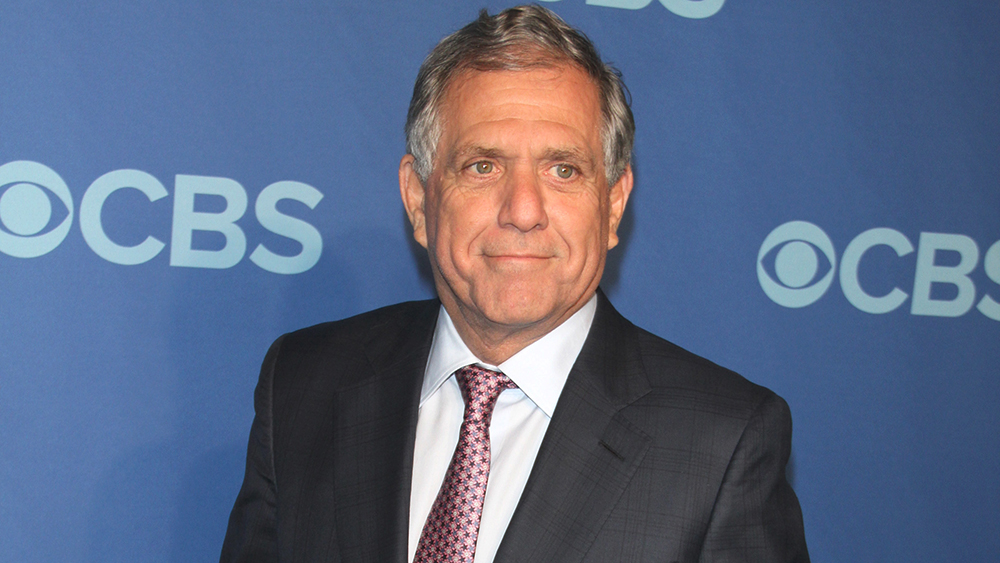Judge Allows CBS Shareholder Lawsuit Over Leslie Moonves and #MeToo to Proceed
By Variety Staff
LOS ANGELES (Variety.com) – A federal judge in New York has allowed a shareholder lawsuit against CBS Corp. to proceed based on the specificity of statements made by disgraced former chairman-CEO Leslie Moonves at a 2017 Variety conference.
Judge Valerie Caproni of the Southern District of New York on Wednesday dismissed other claims in the securities fraud suit against Corp. that asserted that CBS’ top leaders and board members should have known and acted on rumors of sexual misconduct allegations against Moonves as part of their fiduciary duty to protect the company controlled by Shari Redstone.
But Caproni allowed the suit to proceed based on statements Moonves made about the #MeToo movement and the then-recent firing of “CBS This Morning” host Charlie Rose after numerous women came forward with allegations of misconduct, some of which involved employees of his now-defunct PBS interview series “Charlie Rose.”
At Variety‘s November 2017 Innovate summit held in Los Angeles, Moonves spoke with business editor Cynthia Littleton about the state of the company, a conversation that included a discussion of the #MeToo movement and the allegations that led to Rose’s abrupt removal from “CBS This Morning.”
Moonves asserted that the shocking allegations then-unfolding against Harvey Weinstein — the fallen film mogul now in the midst of a criminal trial on sexual assault charges — and Rose had led the industry to “a watershed moment” and that “it’s important that a company’s culture will not allow for this. . . . There’s a lot we’re learning. There’s a lot we didn’t know.”
The judge ruled that Moonves’ statements at Variety‘s conference crossed the line because the executive must have known at the time that serious allegations of sexual misconduct from his past could easily surface. A rep for Moonves declined to comment.
“Although it is a very close case, it is barely plausible that a reasonable investor would construe his statement as implicitly representing that he was just learning of problems with workplace sexual harassment at CBS,” Caproni wrote. “His statement implied that he had not known of these problems previously, even though, in truth, he was at that time actively seeking to conceal his own past sexual misconduct from CBS and the public…. Moonves, although aware of undisclosed facts that undermined the implications that could be drawn from his statement, suggested one thing ‘when, in fact, [he] purportedly had little reason to believe [it].’”
The next hearing in the case is set for Feb. 21.

